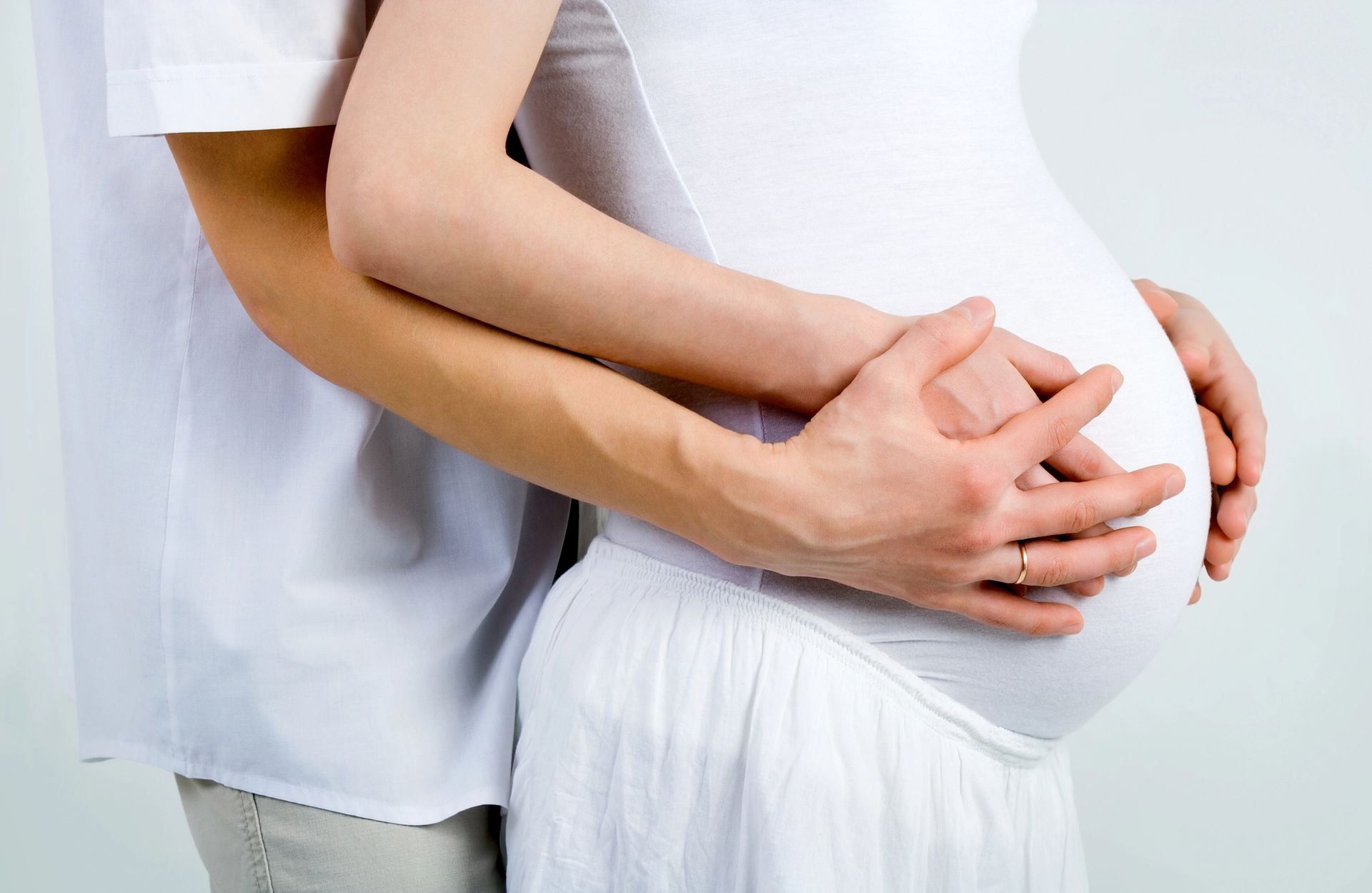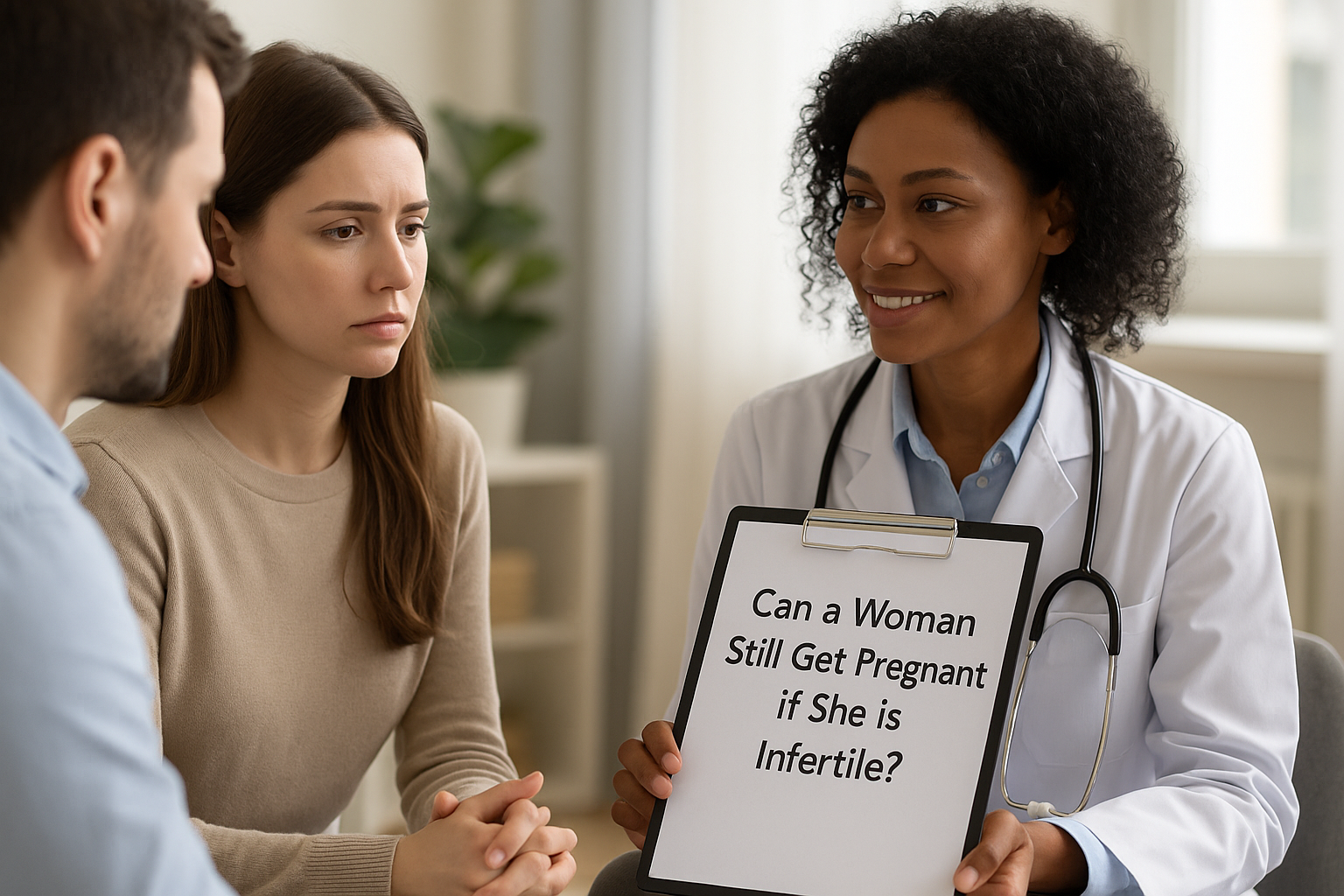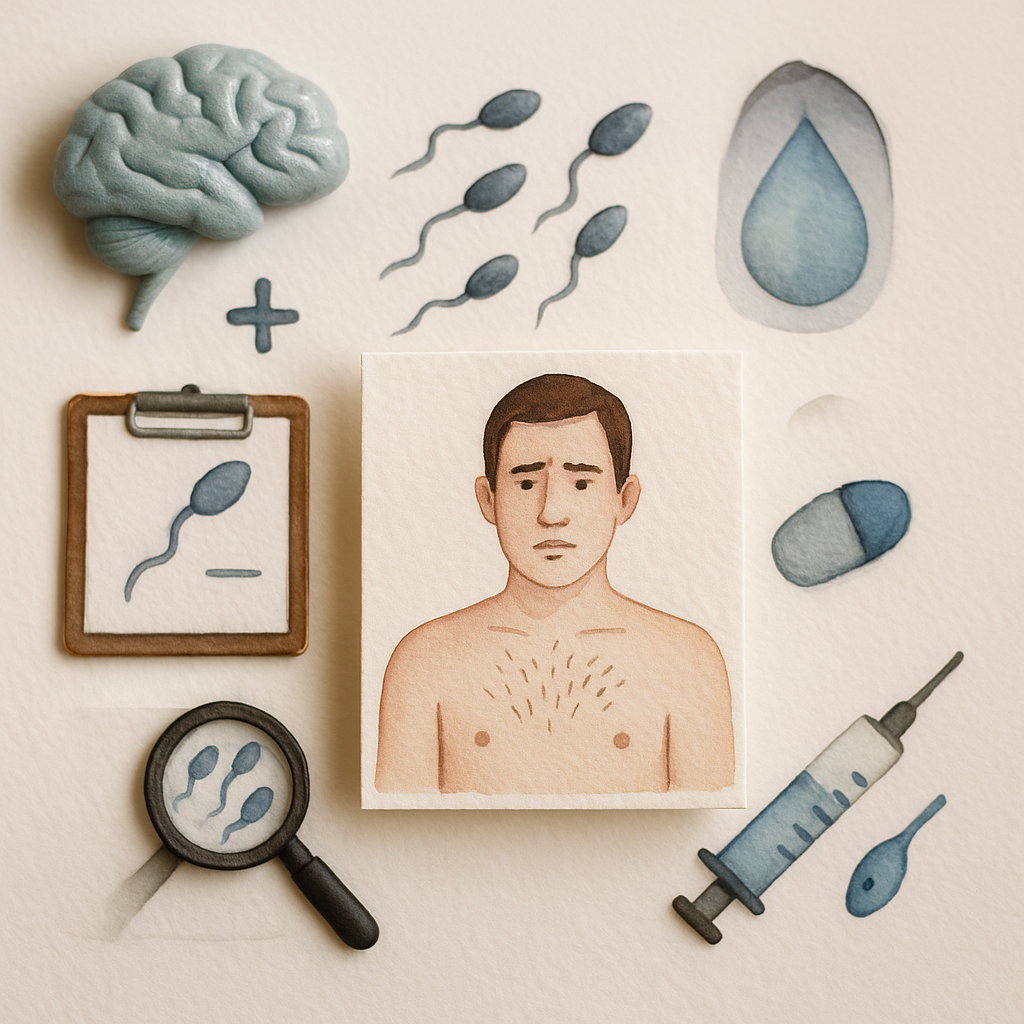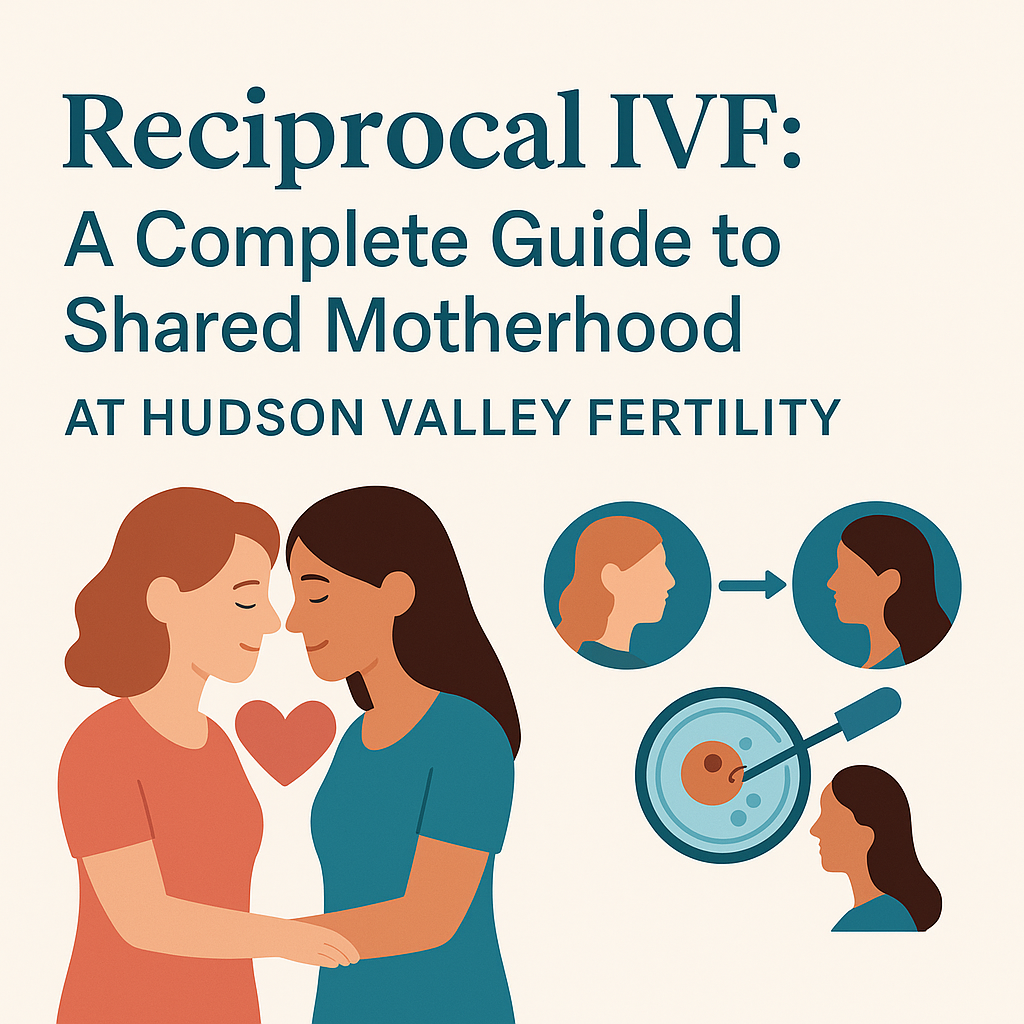Summary:
Infertility affects millions of couples, but understanding when infertility occurs is the first step toward getting help. For women, age, ovulatory disorders, and structural issues can play a role, while men may face challenges with sperm count, motility, or hormonal health. Risk factors like age, lifestyle habits, and chronic conditions impact both partners. Couples under 35 should seek medical advice after 12 months of trying, while those over 35 should seek help after six months. At Hudson Valley Fertility, advanced diagnostics, personalized treatment plans, and compassionate care offer couples hope and guidance on their path to parenthood.
When Infertility Occurs: Understanding Timing and Treatment at Hudson Valley Fertility
What is Infertility?
Medical Definition of Infertility
Infertility is defined as the inability to conceive after 12 months of regular, unprotected intercourse. For women over 35, this timeframe is reduced to six months.
Primary vs. Secondary Infertility
- Primary infertility: A couple has never conceived.
- Secondary infertility: Difficulty conceiving after already having a child.
When Does Infertility Occur in Women?
Age and Ovarian Reserve
Fertility naturally declines with age. Women’s egg quantity and quality begin to drop significantly after age 35, and more steeply after 40.
Hormonal and Ovulatory Disorders
Conditions like polycystic ovary syndrome (PCOS), thyroid dysfunction, or irregular ovulation may prevent conception.
Structural Issues (Fallopian Tubes, Uterus)
Blocked fallopian tubes, endometriosis, or uterine abnormalities can prevent eggs from meeting sperm or implanting successfully.
When Does Infertility Occur in Men?
Low Sperm Count and Motility
Male infertility often results from low sperm count, poor motility (movement), or abnormal shape, making fertilization difficult.
Hormonal Imbalances
Testosterone and other hormone disruptions may interfere with sperm production.
Lifestyle and Environmental Factors
Smoking, excessive alcohol, obesity, stress, and prolonged exposure to heat or toxins can impact male fertility.
Key Risk Factors for Infertility
- Age-related fertility decline (especially after 35 for women, 40 for men)
- Chronic health conditions like diabetes or thyroid disease
- Unhealthy lifestyle habits such as smoking, drug use, and poor diet
- Environmental exposures to pesticides, chemicals, or radiation
Signs and Symptoms of Infertility
In Women
- Irregular menstrual cycles
- Severe pelvic pain (possible endometriosis)
- Absence of menstruation (amenorrhea)
In Men
- Difficulty with erections or ejaculation
- Decreased libido
- Testicular pain, swelling, or noticeable lumps
When to Seek Help from a Fertility Specialist
- Couples under 35: After 12 months of trying without success.
- Couples over 35: After 6 months of trying.
- Couples with known conditions (PCOS, low sperm count, endometriosis): Seek help right away.
Diagnosis at Hudson Valley Fertility
Fertility Testing for Women
Includes bloodwork (hormone levels), ultrasound for ovarian reserve, hysterosalpingogram (HSG) to check fallopian tubes.
Fertility Testing for Men
Typically begins with a semen analysis, followed by hormone testing and possible imaging if needed.
Treatment Options for Infertility
Lifestyle and Medication-Based Treatments
Improving nutrition, quitting smoking, and addressing hormonal imbalances can help.
Surgical Solutions
Procedures to correct blocked tubes, remove fibroids, or repair varicocele in men.
Assisted Reproductive Technologies (ART)
- Intrauterine insemination (IUI) – placing sperm directly into the uterus.
- In vitro fertilization (IVF) – fertilization outside the body with embryo transfer.
- Intracytoplasmic sperm injection (ICSI) – injecting a single sperm into an egg.
Why Choose Hudson Valley Fertility?
- Personalized care plans tailored to each couple’s unique situation.
- Cutting-edge lab technology for the best outcomes.
- Inclusive and compassionate care, supporting all family-building paths.
FAQs About When Infertility Occurs
How long should we try before seeing a doctor?
If under 35, try for 12 months. If over 35, seek help after 6 months.
Does age really affect fertility that much?
Yes, fertility declines significantly after 35 in women and after 40 in men.
Can infertility be prevented?
Not always, but healthy lifestyle choices can improve fertility chances.
Is infertility always permanent?
No—many causes are treatable with medical intervention.
How successful are fertility treatments?
Success rates vary, but advanced treatments like IVF offer high chances of success.
What lifestyle changes improve fertility?
Maintaining a healthy weight, reducing stress, quitting smoking, and eating a balanced diet.
Conclusion: Taking the Next Step Toward Parenthood
Infertility can be overwhelming, but knowing when infertility occurs helps couples seek help at the right time. At Hudson Valley Fertility, we offer expert diagnosis, personalized treatments, and compassionate care to guide you on the path to parenthood.











